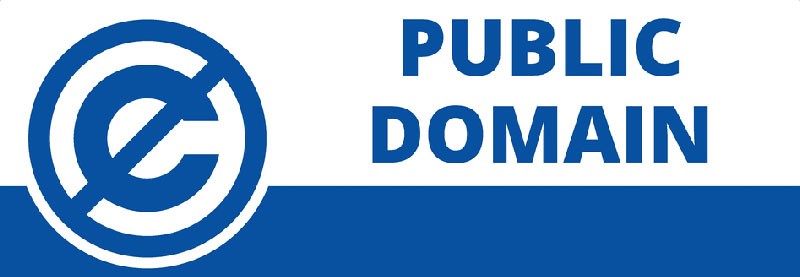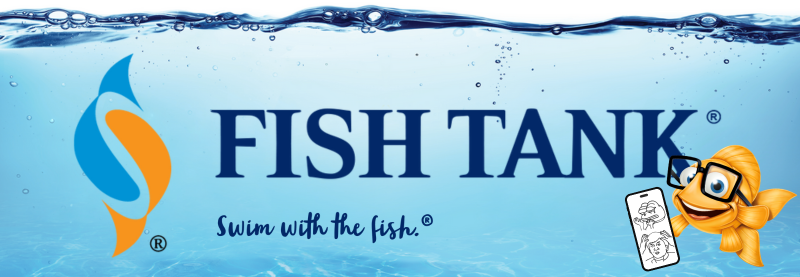Intellectual Property Insights from Fishman Stewart
Mini Article – Volume 23, Issue 1
Share on Social

Happy (Belated) Public Domain Day!
By Kristyn C. Webb
Public Domain Day is celebrated on January 1st and commemorates the expiration of copyright protection for certain creative works. US copyright law provides the copyright owner with certain exclusive rights for a limited time, after which the works fall into the public domain. Once a work enters the public domain, anyone is free to copy, publish, distribute, adapt, and otherwise use the work without infringing the rights of the former copyright owner.
This year we welcome “Steppenwolf” by Herman Hesse, Margaret Wise Brown’s book “Goodnight Moon,” and Alfred Hitchcock’s film “The Lodger” to the public domain.
An overview of these and other famous works that have entered the public domain can be found here.
For more information on copyright and the Public Domain, contact Kristyn Webb.
Kristyn Webb is the Group Leader of Fishman Stewart’s Copyright Practice Group, and is currently earning a Master’s Degree in Copyright Law at King’s College London.

Published January 13, 2023


Related Content from Fishman Stewart
Generally, federal courts have exclusive jurisdiction over copyright cases, and often, this presents an insurmountable paywall for individual artists and small businesses to vindicate their rights, especially where the value of the individual copyrighted works are relatively low.
Dedicated to raising public awareness about the importance of encouraging innovation and creativity throughout the world, the World Intellectual Property Organization (WIPO) annually observes World Intellectual Property Day on April 26 to showcase the role that patents, trademarks, industrial designs, copyrights and trade secrets play in our everyday lives.
Hold onto your foam fingers, sports fans – college sports just got a whole lot more interesting! The latest updates to Name, Image, and Likeness (NIL) rules are making student-athletes bigger than ever, and it’s not just about the game anymore.
Did a federal court in Louisiana recently decide that US copyrights are global rights? It seems so.
One of his most famous songs, “Lose Yourself” was recently at the center of a lawsuit. In 2019, Eminem’s publishing company Eight Mile Style sued Spotify claiming that Spotify streamed a number of its musical compositions without proper licenses.
One of the most common challenges is whether AI should be free to train on data that is protected by copyright and owned by third parties without first obtaining permission.
The U.S. Copyright Office (USCO) recently published its latest report on AI and “copyrightability.” In short, the USCO considers only some AI-generated works to be sufficiently creative as to deserve copyright protection, and thus, registration.
Back in the 1940’s assignments by independent contractors could be permanent and irrevocable. Things changed in 1976, when Congress overhauled the Copyright Act.
Generally, copyright protects the specific expression of ideas, such as the arrangement and presentation of visual elements, but it does not protect general concepts or styles.
In the age of the internet, memes are a universal language. A meme is a piece of content, typically an image, video, text, or a combination of these, that spreads rapidly across the internet, often with humorous, relatable, or satirical undertones.
IDENTIFYING, SECURING AND ADVANCING CREATIVITY®












